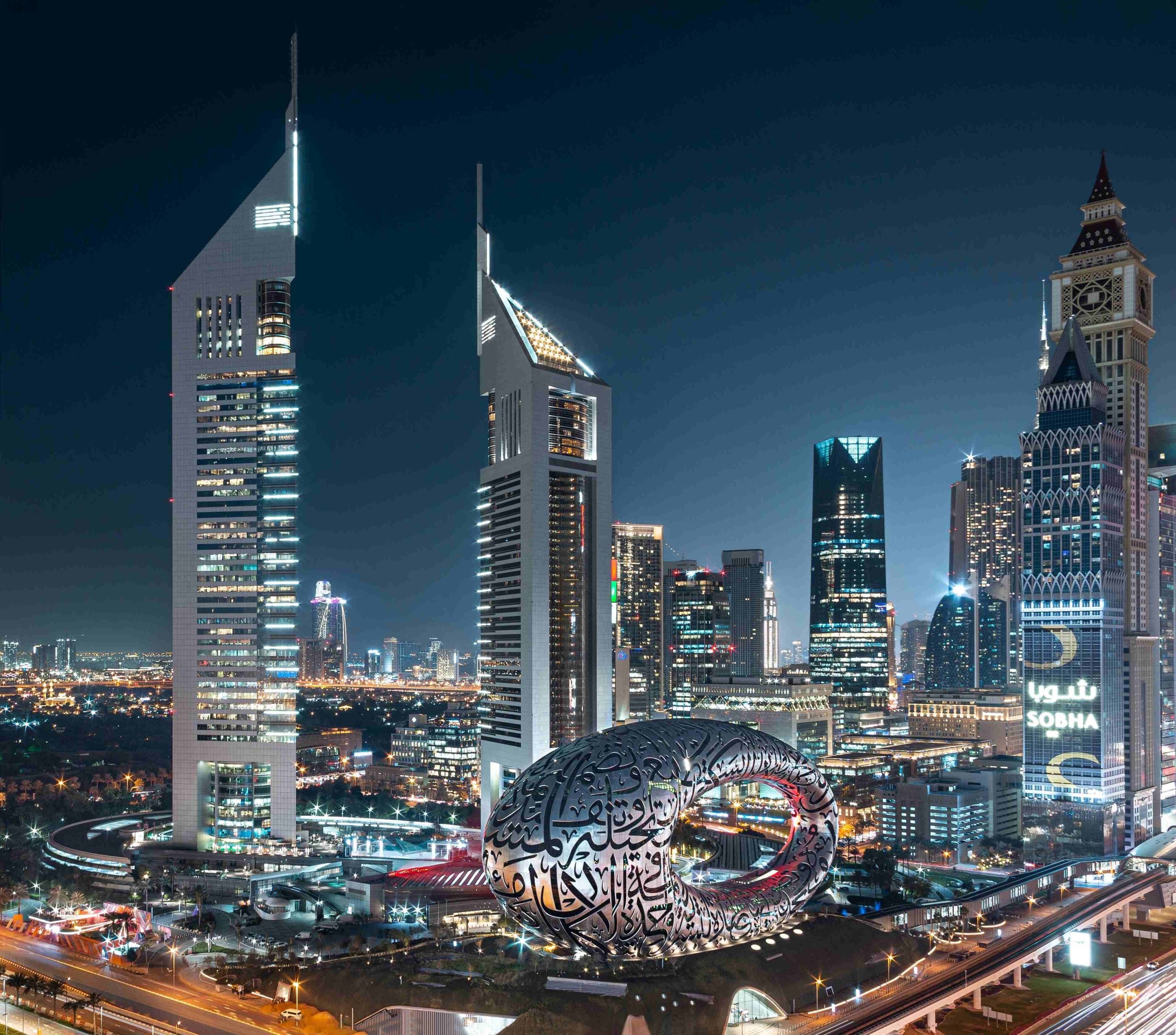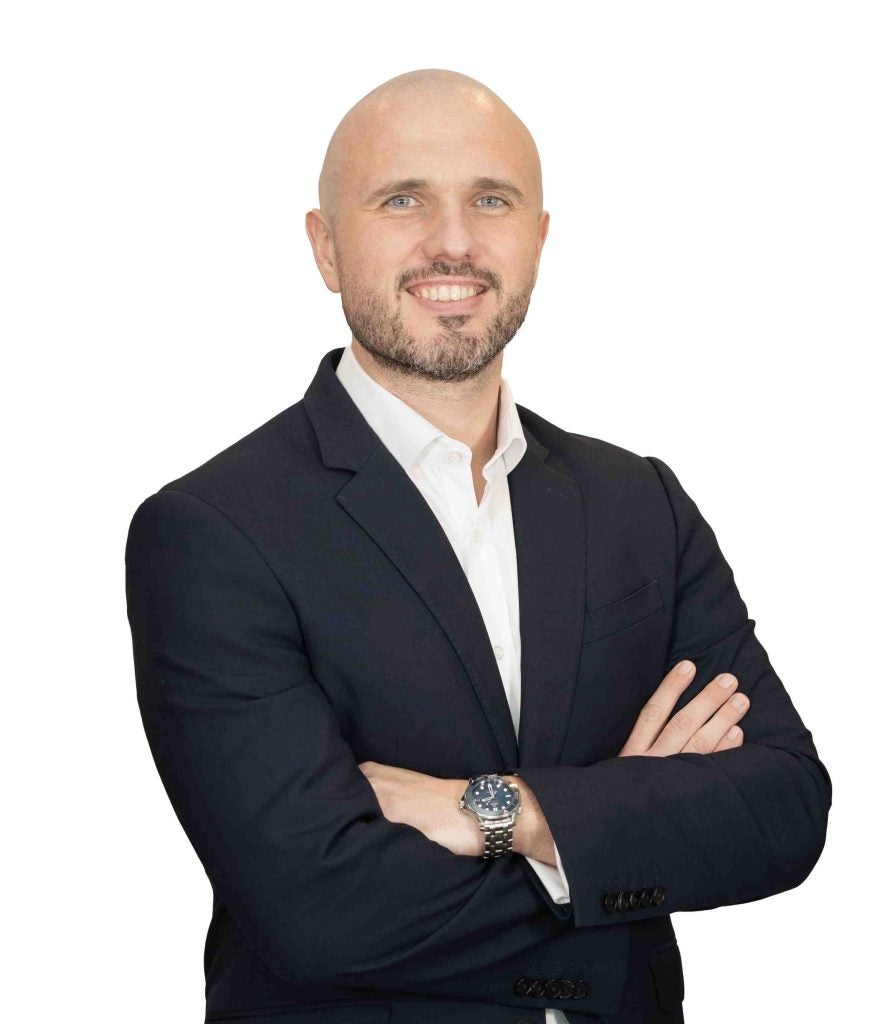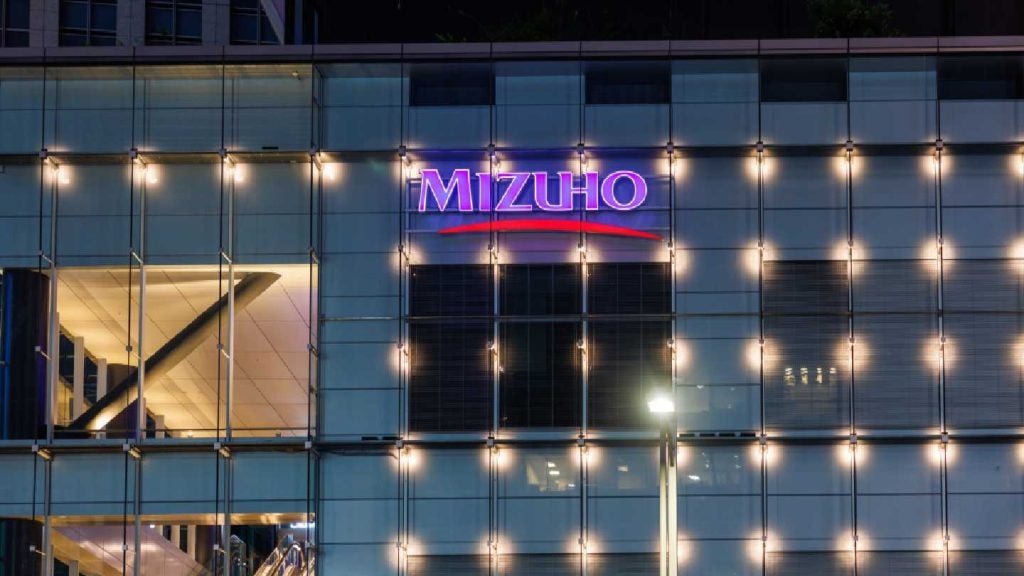
From regulatory advancements to next-gen sustainability priorities, UAE family offices are leading a change in global wealth management.
Over the past decade, family offices in the UAE have undergone a remarkable evolution, positioning the region as a global hub for wealth management.

Access deeper industry intelligence
Experience unmatched clarity with a single platform that combines unique data, AI, and human expertise.

Joe Ives, Middle East commercial director for the UAE at IQ-EQ, credits this transformation to a combination of regulatory innovation, tax advantages, and an increasingly sophisticated approach to wealth preservation.
“The UAE offers a highly attractive tax regime, including no personal income tax, no capital gains tax, and no inheritance tax,” says Ives.
“This tax efficiency allows family offices to preserve wealth and allocate more resources towards investments and charitable efforts. Combined with clear and flexible regulations, the region has become an appealing destination for ultra-high-net-worth individuals (UHNWIs).”
The Rise of a Global Wealth Hub
The UAE’s emergence as a global wealth hub has reshaped the strategies of family offices. Ives points to strategic initiatives like the ‘golden visa’ programme and the establishment of family wealth centres as pivotal factors that have “streamlined the process of setting up and managing family offices”.

US Tariffs are shifting - will you react or anticipate?
Don’t let policy changes catch you off guard. Stay proactive with real-time data and expert analysis.
By GlobalDataThe country’s diversification beyond oil into sectors like finance, technology, and tourism has also played a crucial role. “By actively promoting economic diversity, the UAE has created a robust environment that attracts family offices seeking opportunities across various sectors,” Ives explains.
He adds that the country’s geographic position “at the crossroads of Europe, Asia, and Africa provides unparalleled access to emerging markets, allowing family offices to align global investment strategies with regional opportunities”.
Generational Shifts and a New Vision for Wealth
A younger, tech-savvy generation is influencing the evolution of family offices in the UAE. “We’re seeing a distinct shift in approach as younger family members, raised in the digital age, bring fresh perspectives to wealth management,” Ives observes.
Unlike older generations who often favoured face-to-face meetings and traditional investments, younger stakeholders are leaning into digital solutions and alternative asset classes. “Younger generations expect seamless digital access to their portfolios and rely on user-friendly platforms for real-time insights,” says Ives.
When it comes to investments, the next-gen family members focus on aligning wealth with personal values and societal impact. “They’re prioritising sustainability and responsible investing, integrating environmental, social, and governance (ESG) factors into their strategies,” he notes.
This includes investments in renewable energy, sustainable agriculture, and technology startups.
He highlights the contrast in attitudes: “Where previous generations often concentrated on real estate and equities, the younger cohort is far more open to exploring cryptocurrencies, impact investing, and venture capital.”
Succession Planning: Lessons Learned
With a projected $2trn generational wealth transfer in the Gulf Cooperation Council (GCC), succession planning is now a critical focus for family offices. Ives shares: “High-profile disputes in the region have underscored the need for robust governance frameworks and clear communication.”
To avoid conflicts, many family offices are implementing governance structures such as family councils and boards. “Regular meetings and open discussions about roles and expectations can align interests and mitigate misunderstandings,” he advises.
Additionally, legal, and financial planning tools like wills and trusts are increasingly adopted to ensure smooth transitions.
“Lessons from past disputes show that involving professional managers to separate family dynamics from business operations leads to more objective decision-making,” says Ives. “Younger generations, in particular, recognise the value of expertise in navigating complex business environments.”
Tech-Driven Innovation: The Future is Digital
Technology is a game-changer for family offices in the UAE, enabling greater efficiency and accuracy. “Family offices are moving away from manual processes like spreadsheets and adopting centralised platforms that consolidate financial data,” explains Ives. These systems allow real-time access to portfolio insights, enhancing transparency and informed decision-making.
Advanced tools like data analytics and artificial intelligence are becoming standard.
“These technologies enable offices to identify trends, adapt to market shifts, and optimise portfolio performance,” Ives states.
Cybersecurity measures are also a growing priority to safeguard sensitive information.
Impact Investing and Sustainability
Sustainability is no longer a buzzword but a strategic priority for UAE family offices.
“There’s a noticeable shift toward ESG-driven investments,” Ives observes. “Many family offices are aligning with the UAE’s renewable energy goals, channelling funds into clean technology, education, and sustainable infrastructure.”
Impact investing is gaining momentum, with offices establishing dedicated funds for ventures that generate measurable societal benefits alongside financial returns. “These efforts go beyond financial growth—they address pressing challenges like climate change, healthcare access, and educational reform,” he reveals.
Family offices are also playing a role in social development through philanthropic initiatives. “Investments in education and vocational training not only contribute to community sustainability but also build a skilled workforce to drive regional economic growth,” Ives notes.
Global Expansion and Diversification
UAE family offices are increasingly looking beyond local opportunities to diversify their portfolios globally. “Driven by regulatory enhancements and a desire to mitigate regional risks, they are expanding into sectors like fintech, renewable energy, and healthcare,” says Ives.
Geographic diversification is another key strategy.
“Families are exploring both emerging and developed markets, spreading risk while capitalizing on high-growth opportunities,” he adds. The establishment of financial free zones, such as the DIFC and ADGM, has been instrumental in facilitating seamless international investments.
Challenges and Opportunities for Foreign Entrants
Foreign family offices entering the UAE benefit from its favourable tax regime and strategic location, but challenges remain. “Navigating the UAE’s legal and regulatory landscape can be complex for newcomers, requiring expert guidance,” Ives cautions.
There’s also competition for skilled professionals in the wealth management sector. “Attracting and retaining talent is a significant challenge, given the high demand for expertise,” he adds.
Moreover, geopolitical tensions in the broader region could impact operations and investments.
The Next Five Years: Trends and Predictions
Looking ahead, Ives anticipates the UAE government will continue implementing reforms to attract family offices. “Regulatory initiatives like the DIFC Family Arrangements Regulations 2023 provide a clear framework for governance and operational efficiency,” he says.
Sustainability and ESG criteria will remain at the forefront, driven by younger generations. “Reports show that Millennial and Gen Z investors are more willing to accept lower financial returns to align with their values,” Ives notes.
Technology adoption will accelerate, modernising family office operations. “Tools like AI and data analytics will enhance decision-making and streamline processes, ensuring family offices can adapt to market changes effectively,” says Ives.
Adapting to a Changing World
Ives emphasises the importance of cultural awareness and technological integration. “Understanding regional differences and embracing sustainable practices are critical for global success,” he advises.
As family offices in the UAE continue to innovate, they are setting new standards for wealth management globally. With their unique blend of tradition and forward-thinking strategies, these entities are poised to shape the future of investment and philanthropy.







